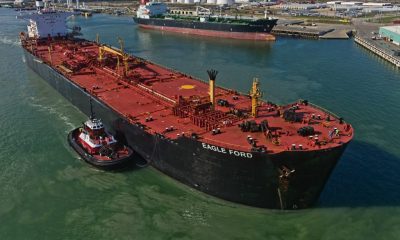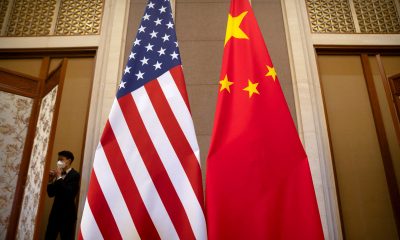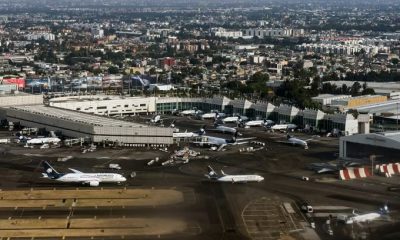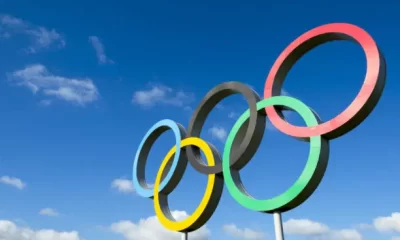Business
President Buhari signs social investment programmes bill into law — eight years after N-power kicked off
President Muhammadu Buhari has signed the national social investment programme agency bill into law.
Bashir Ahmad, an aide to Buhari, said in a statement that the President signed the bill into law on Monday.
In November 2022, Buhari wrote to the national assembly, requesting the passage of the executive bill.
The upper and lower legislative chambers subsequently worked on the bill and transmitted it to the president.
The national social investment programme (NSIP) was created in 2015 to ensure the equitable distribution of resources to vulnerable populations, including children, youth, and women.
The programmes under the NSIP include:
N-Power programme — an initiative aimed at building the skills of youth and promoting entrepreneurship.
Government enterprise and empowerment programme (GEEP) — an intervention to address the challenges of access to credit facilities and to provide soft loans to Nigerians through the trader moni, market moni and farmer moni initiatives.
National home-grown school feeding programme (NHGSFP) — an initiative to provide one nutritious meal a day to public primary school pupils to increase school enrolment, reducing the incidence of malnutrition.
Conditional cash transfer (CCT) programme — an initiative to provide cash transfers to vulnerable households as grants.
The president also signed seven other proposed legislations into law, including the national senior secondary education bill and the chartered institute of power engineers bill.
The national senior secondary education bill establishes a commission, prescribes minimum standards for senior secondary education in Nigeria and the management of the national senior secondary education fund.
The chartered institute of power engineers of Nigeria bill establishes the chartered institute of power engineers of Nigeria and is charged with the responsibility for determining the standard of knowledge and skill to be attained by persons seeking to become chartered power engineers.
Others bills signed into law by Buhari include Federal University of Health Sciences Ila-Orangun (Establishment) bill, Federal University of Health Sciences, Azare (Establishment) bill, chartered institute of development studies and administration of Nigeria (establishment) bill, federal institute of industrial research (establishment) bill, and the institute of strategic management of Nigeria bill, respectively.























